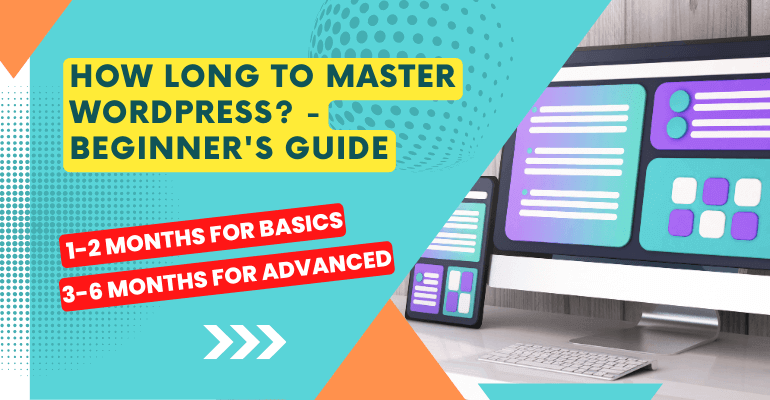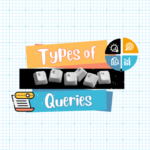Have you ever wondered, “How long does it take to Master WordPress?” If so, you’re in the right place. Imagine creating stunning websites, managing content effortlessly, and controlling your online presence. Indeed, WordPress, one of the most popular content management systems globally, empowers you to do just that. In fact, with over 40% of the internet powered by WordPress, mastering this platform can be a game-changer for bloggers, business owners, and aspiring web developers.
At The Zulfis, we understand the power and potential of WordPress, and we’re here to guide you through the exciting journey of Mastering WordPress, step by step, from a beginner’s perspective. It will help you go from complete beginners to masters of WordPress. Let’s dive in and unlock your potential with WordPress!
Understanding the Basics of WordPress
What is WordPress?
Firstly, WordPress is an open-source content management system (CMS) that enables users to create, manage, and publish content on the web. Initially launched in 2003 as a blogging platform, it has since evolved into a versatile CMS capable of handling websites of all sizes and complexities. Moreover, its ease of use, flexibility, and vast customization options have made WordPress the go-to choice for individuals, businesses, and developers worldwide.
Key Components of WordPress
Themes
A WordPress site’s visual design and organization are controlled by its themes. Additionally, they let users modify the appearance and feel of their website without changing the main code. WordPress also provides hundreds of pre-designed themes, including premium themes, and free themes that suit different tastes and needs. As a result, users may quickly change the theme of their website to refresh its design and personalize it using the WordPress Customizer or theme code.
Plugins
Plugins extend the functionality of a WordPress site by adding new features and capabilities. With over 55,000 plugins in the WordPress Plugin Directory, users can enhance their websites with functions like contact forms, SEO optimization via SEO plugins, social media integration, and e-commerce. Indeed, installing and managing plugins is straightforward, making it easy to add and configure new features as needed.
Dashboard
The WordPress dashboard is the central hub for managing a website. Also, it provides an intuitive interface where users can create and edit content, manage themes and plugins, and configure site settings. The user only needs basic computer skills, technical skills and technical knowledge. Furthermore, the dashboard includes sections for posts, pages, media, comments, appearance, plugins, users, tools, and settings, each offering specific functionalities to maintain and customize the site.
Understanding these core components is essential for anyone building and managing a WordPress site, and gaining deeper knowledge into WordPress. By mastering themes, plugins, and the dashboard, users can harness WordPress’s potential to create dynamic, professional, and highly functional websites.
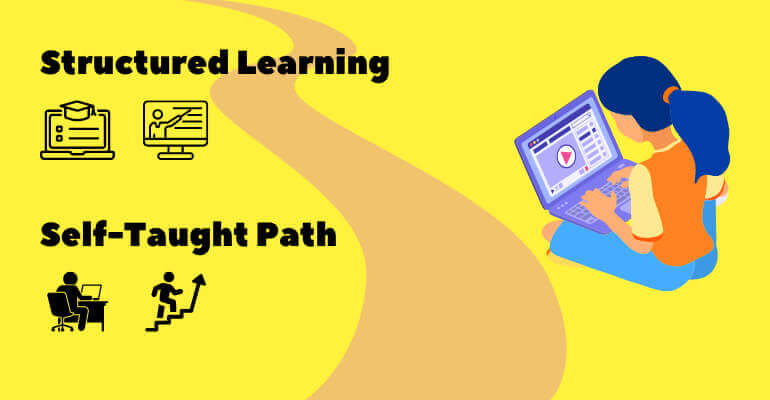
Learning Options and Their Duration
Structured Learning
In-Person Courses
In-person courses offer a hands-on, interactive learning environment led by experienced instructors. These courses range from intensive boot camps lasting a few days to semester-long classes at universities or community colleges. For beginners, introductory courses typically cover setting up a WordPress site, choosing and customizing themes, and installing essential plugins. They are great for gaining rudimentary knowledge on the subject matter, and developing a solid foundation before moving to advanced topics. Usually, these courses can last anywhere from 1 to 2 weeks. However, advanced courses delve deeper into custom theme development, plugin creation, and advanced site management, extending from several weeks to a few months. By using a structured approach in your learning process and getting real-time feedback from instructors, you can achieve Master WordPress faster.
Online Classes
Online classes provide flexible and accessible learning opportunities for individuals who prefer to study independently, with content in video format. For example, platforms like Udemy, Coursera, and LinkedIn Learning offer various WordPress courses for beginners and advanced levels. Typically, an introductory online course spans 10 to 20 hours of content, which can be completed over a few weeks, depending on the learner’s schedule on platforms like LinkedIn Learning, etc. Moreover, advanced online classes focusing on custom themes, plugin development, and site optimization may require 20 to 40 hours of study. If you spend 5-10 hours per week, you can easily complete them in 1-2 months. Notably, some platforms offer certifications upon completion, which can benefit your career advancement and help you master WordPress.
Self-Taught Path
Time Frame for Basics
Learning WordPress can be both rewarding and challenging. Generally, mastering the fundamentals takes 1-2 months of dedicated learning and practice for beginners. This includes setting up a WordPress site, navigating the dashboard, and experimenting with themes and plugins. Fortunately, numerous free resources, such as the WordPress Codex, official documentation, blogs, and helpful video guides on YouTube, can guide learners through the initial stages.
Time Frame for Advanced Skills
It can take an extra three to six months to master advanced WordPress abilities like writing custom themes, building plugins, and comprehending the underlying code (HTML, CSS, PHP, and JavaScript). Obviously, depending on the learner’s past web development experience and the amount of study time, this schedule varies substantially. Moreover, you may learn WordPress more quickly and become a WordPress master by working on practical projects and becoming involved in WordPress forums for advice and assistance.
Challenges Involved:
- Information Overload: With many resources available, such as online courses, documentation, etc., beginners may find it overwhelming to determine where to start and which sources to trust. But, instead of being overwhelmed, you should take advantage of the potential learning resources online.
- Lack of Structure: Unlike structured courses, self-taught learners must create their learning path, which requires discipline and motivation.
- Technical Difficulties: It can be frustrating to encounter technical issues without immediate support. Active participation in forums and seeking help from the WordPress community can alleviate some of these challenges.
Stay Updated with the Latest Insights and Tips! Our blog is packed with valuable content to help your online success. Don’t miss out on our expert advice and industry updates.
Factors Influencing Learning Time
Prior Experience in Web Technologies
Individuals with a background in web development or familiarity with other content management systems may find it easier to learn WordPress. Therefore, they should have existing knowledge of programming languages like HTML, a markup language for basic web designing.
Having rudimentary knowledge and basic skills in these languages can significantly reduce the learning curve and help you, Master WordPress, faster.
Learning Methods
Practicing with real objects is more efficient than studying things theoretically. For instance, taking on practical tasks, like building a small business website, other business-orientated websites, or a personal blog, may reinforce learning, increase confidence, and improve your coding skills. Ultimately, a balanced approach to Master WordPress combines practical experience with theory-focused learning, such as reading documentation, following tutorials, and improving your grip on programming languages.
Summary of Learning Approaches
Both structured learning and the self-taught path have merits and challenges. The duration of learning WordPress varies based on the chosen method, prior experience, and the individual’s dedication. However, structured courses offer guidance and a clear learning path, while the self-taught approach provides flexibility and independence. Nevertheless, regardless of the learning style chosen, consistent practice and engagement with the WordPress community are vital to Master WordPress.
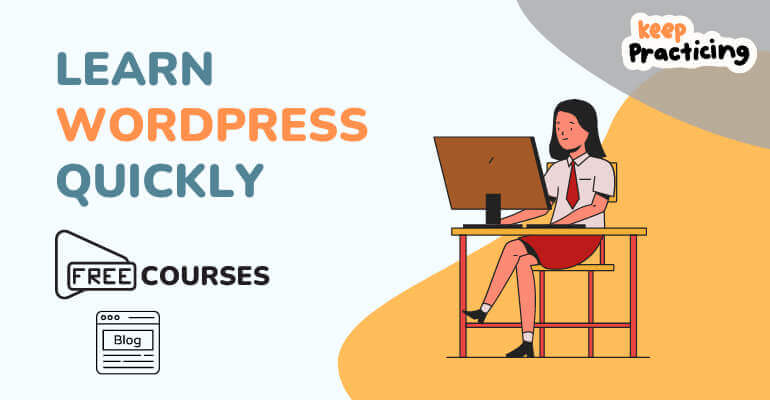
Practical Steps to Start Learning WordPress Quickly
Recommended Beginner Resources
Free Courses
- WordPress Codex: The official WordPress documentation offers comprehensive resources covering all aspects of WordPress, making it an excellent starting point for beginners.
- Learn WordPress by WordPress.org: This platform provides free courses, workshops, and helpful video guides created by the WordPress community. It covers both basic and advanced topics.
- Udemy: While Udemy offers a library of courses (paid), it also has several free introductory courses that cover the essentials of WordPress, which are great for developing your technical expertise.
- YouTube Channels: Channels like WPBeginner and WPCrafter provide free video tutorials on various WordPress topics, making it easier for visual learners to grasp the concepts.
Blogs
- WPBeginner: A popular blog offering tutorials, guides, and tips for WordPress beginners. Moreover, their detailed posts and video tutorials make learning easy and accessible.
- WPMU DEV Blog: Offers tutorials, tips, and news about WordPress development and design.
- Kinsta Blog: Provides in-depth articles on various WordPress topics, from beginner guides to advanced techniques.
Initial Setups to Experiment With
Hosting
- Local Development Environments: Tools like Local by Flywheel, XAMPP, or MAMP allow you to set up a WordPress site on your local computer. Also, it is a great way to practice without the need to purchase hosting.
- Free Hosting Services: Platforms like WordPress.com offer free hosting plans, though with limited features. It’s a good starting point for beginners to get a feel of WordPress without any financial commitment.
Installing WordPress
- One-Click Installers: Most web hosts provide one-click WordPress installations through their control panels (e.g., cPanel, Plesk). It simplifies the setup process and gets you started quickly.
- Manual Installation: For a more in-depth learning experience, you can manually install WordPress. Download WordPress from WordPress.org, upload it to your server via FTP, and follow the setup wizard. Further, this process helps you understand a WordPress site’s underlying structure and requirements.
Hands-On Practice
- Set Up a Basic Site: Create a simple blog or portfolio site. Choose a free theme, customize it, and install a few essential plugins (e.g., contact form, Yoast SEO).
- Experiment with Features: Add new pages, create blog posts, and explore different themes and plugins. Moreover, this hands-on approach will help you become familiar with WordPress’s functionality and capabilities.
- Join the WordPress Community: Engage with online forums, join local WordPress meetups, and participate in webinars or workshops. Also, this interaction can provide support, insights, and additional learning opportunities.
By leveraging these resources and experimenting with initial setups, you can start learning WordPress quickly and effectively. Moreover, consistent practice and engagement with the WordPress community will further enhance your skills and knowledge, helping you Master WordPress.

Elevate your business success with The Zulfis®! With a decade of expertise in lead generation and list building, we are dedicated to delivering exceptional value. Experience our premium services firsthand with a complimentary sample before any contractual commitment. Let’s collaborate to propel your business growth—begin today!
Advanced Skills Development
Moving Beyond Basics: Custom Themes and Plugins
Custom Themes
- Developing custom themes allows you to create unique, tailored website designs. Start by understanding the WordPress theme structure, including template files, the loop, and the WordPress hierarchy.
- Learn to create and modify theme files using HTML, CSS, and PHP. The Theme Developer Handbook provided by WordPress.org is an excellent resource for detailed guidance.
- Experiment with popular starter themes like Underscores (_s), which provide a solid foundation for building custom themes. Practice customizing these themes and creating child themes to preserve customizations through updates.
Custom Plugins
- Creating custom plugins extends the functionality of your WordPress site. Start with simple plugins to add specific features, then progress to more complex ones.
- Learn the basics of PHP and understand the WordPress Plugin API. The Plugin Developer Handbook offers comprehensive information on plugin creation.
- Practice modifying existing plugins and developing new ones to solve specific problems or add desired features to your site.
Resources for Advanced Learning
Online Courses and Tutorials
- Advanced WordPress Development on Udemy or Coursera: These platforms offer in-depth courses covering custom theme and plugin development, security, and performance optimization.
- YouTube Channels: WPCrafter and Syntax provide advanced tutorials and tips for WordPress development.
Books
- “Professional WordPress: Design and Development” by Brad Williams, David Damstra, and Hal Stern: This book is a comprehensive guide for advanced WordPress development, covering best practices and advanced techniques.
- “WordPress Plugin Development Cookbook” by Yannick Lefebvre: A practical guide with numerous recipes for creating custom plugins.
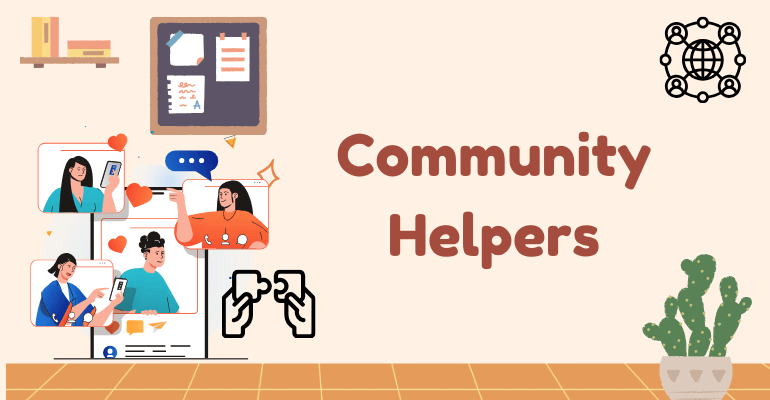
Community Involvement
WordPress Meetups and WordCamps:
Attend local WordPress meetups and WordCamps to network with other developers, share knowledge, and learn from experts. Also, these events often feature workshops and presentations on advanced topics.
Online Communities
- Join forums like WordPress Stack Exchange and the WordPress.org support forums to ask questions, share knowledge, and get feedback on your projects.
- Additionally, participate in Slack channels like the WordPress Slack Community to engage with other developers and stay updated on the latest developments and best practices.
Contribution to WordPress Core
- Contributing to the WordPress core, themes, or plugins is an excellent way to deepen your understanding and give back to the community. Therefore, get involved through the Make WordPress project.
Ultimately, you can become a proficient WordPress developer by advancing your custom theme and plugin development skills and engaging with the WordPress community. Moreover, utilize these resources and opportunities to continually improve your expertise and stay updated with the latest trends and best practices in WordPress development, helping you Master WordPress.
Conclusion
Mastering WordPress is a journey that varies from person to person. While some may grasp the basics within a week, achieving advanced proficiency can take several months to a year. Therefore, the key is to stay curious, keep learning, and practice consistently. At The Zulfis, we’re committed to helping you on this journey with tips, tutorials, and resources. Happy WordPressing!
Have Questions or Need Assistance? We’re here to Help! Contact us today through our contact form or give us a call. We’re eager to help you with all your business goals.
